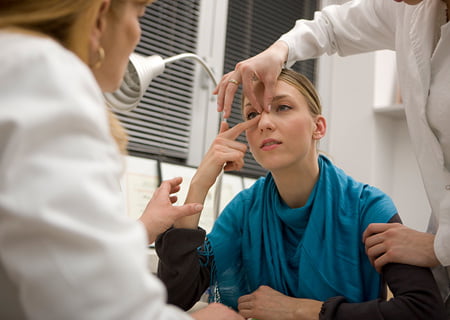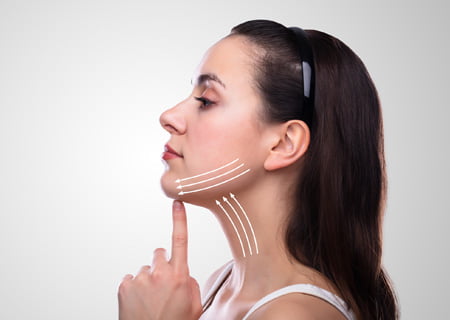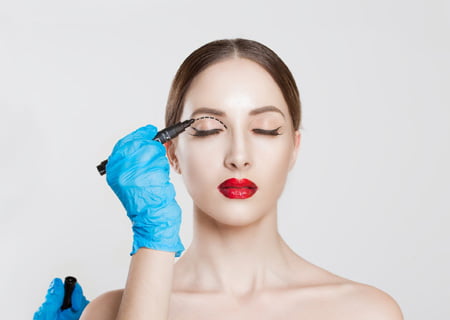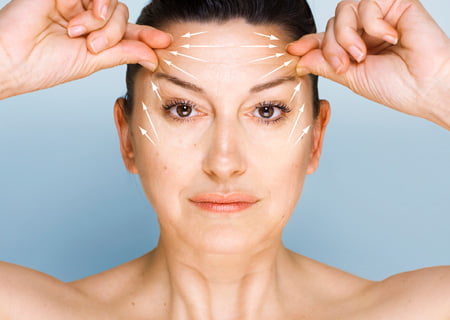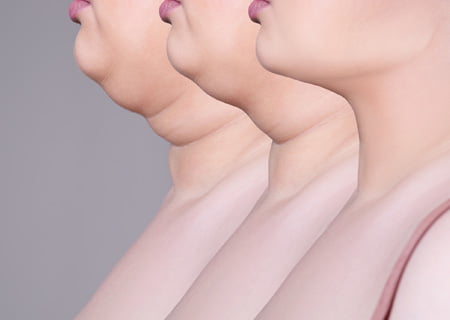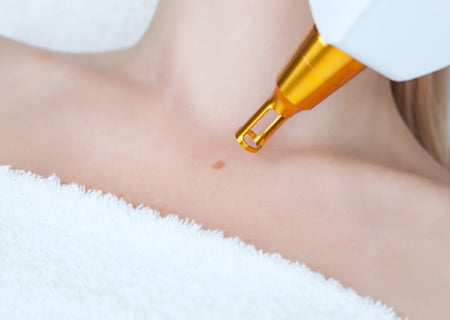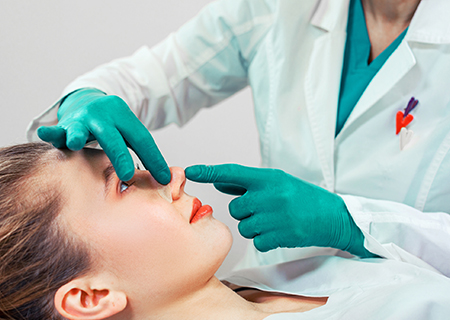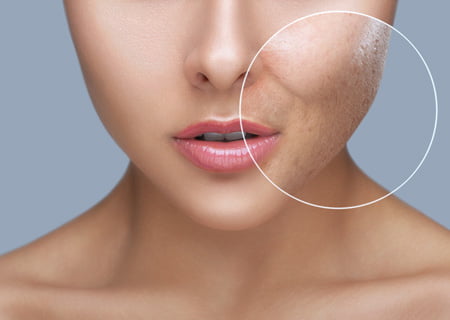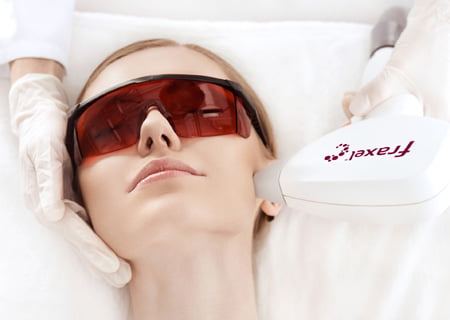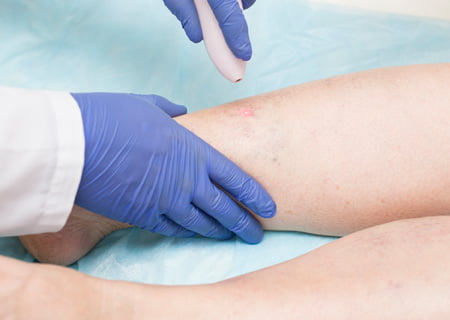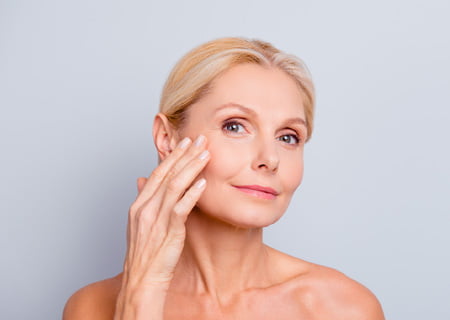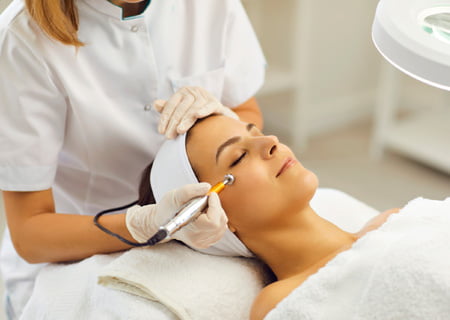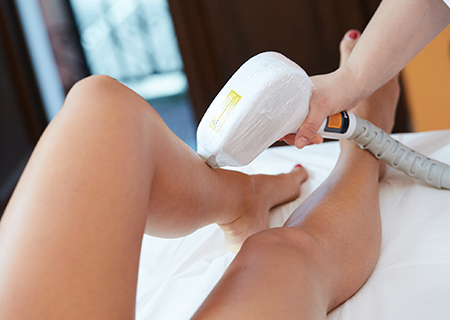The Evolution of Cosmetic Surgery: A Comprehensive Exploration
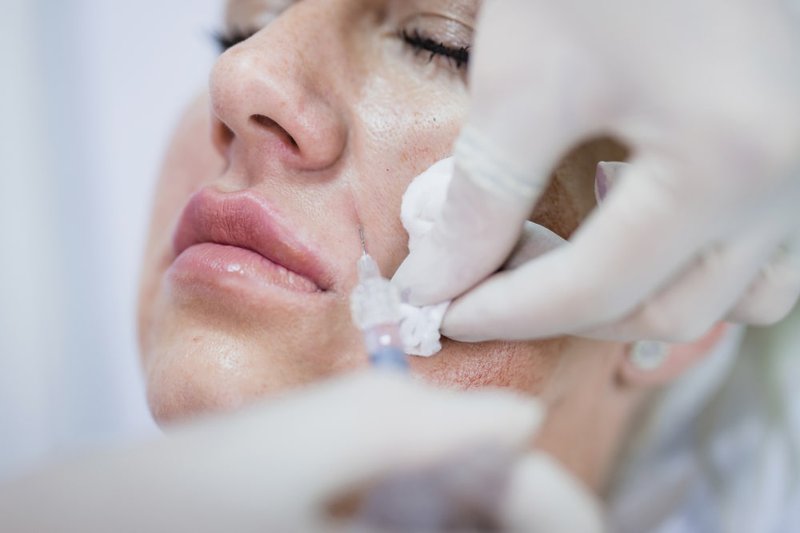
Cosmetic surgery , a field that has witnessed a remarkable evolution over the past century, has transformed from rudimentary procedures to sophisticated techniques that redefine beauty standards.
From its humble beginnings rooted in reconstructive surgery to the modern era of aesthetic enhancements, the journey of cosmetic procedures reflects not only advancements in medical science, but also societal attitudes toward beauty and self-image.
The Early Years: Reconstructive Roots
The origins of cosmetic surgery can be traced back to ancient civilizations, where rudimentary techniques were employed for reconstructive purposes.
People also search
Ancient Indian physicians performed rudimentary rhinoplasty procedures as early as the 6th century BCE, using skin grafts to repair noses damaged by punishment or warfare. Similarly, ancient Egyptians practiced basic surgical procedures for facial reconstruction, demonstrating an early understanding of the importance of appearance.
However, it was not until the 20th century that cosmetic surgery began to emerge as a distinct medical specialty. World War I and II played a significant role in advancing surgical techniques, as pioneering surgeons like Sir Harold Gillies developed innovative methods to reconstruct facial injuries sustained by soldiers. These efforts laid the foundation for modern plastic surgery and expanded the scope of cosmetic procedures beyond mere reconstruction to include aesthetic enhancements.
The Golden Age: Rise of Aesthetic Surgery
The post-war period witnessed a surge in interest in cosmetic procedures, fueled by societal shifts towards beauty and youthfulness.
In the 1950s and 1960s, procedures such as facelifts, breast augmentations, and liposuction gained popularity among affluent individuals seeking to defy the effects of aging. However, these early procedures were often crude and carried significant risks, with limited options for customization and natural-looking results.
The 1970s and 1980s marked a turning point in cosmetic surgery with the advent of safer techniques and technological advancements. Innovations like endoscopic surgery and silicone implants revolutionized procedures, allowing for more precise sculpting and improved outcomes.
Moreover, increased public awareness and media influence contributed to the normalization of cosmetic enhancements, leading to a broader acceptance of aesthetic surgery as a means of self-improvement.
The Modern Era: Precision and Personalization
The 21st century has witnessed unprecedented advancements in cosmetic surgery, driven by cutting-edge technologies and a growing emphasis on individualized care. Minimally invasive techniques such as laser therapy, injectables, and non-surgical facial rejuvenation have gained popularity, offering patients less downtime and natural-looking results.
Moreover, the rise of digital imaging and 3D simulation has enabled surgeons to communicate effectively with patients and tailor procedures to their specific needs and preferences.
One of the most significant developments in recent years is the shift towards holistic approaches to beauty, emphasizing facial harmony and proportion. Surgeons have pioneered techniques that focus on enhancing the natural features of the face, rather than simply correcting perceived flaws. By combining artistry with technical expertise, they strive to achieve results that are both aesthetically pleasing and harmonious with each patient's unique anatomy.
The Influence of Cultural and Social Factors
Within the domain of aesthetic surgery, the dynamic interplay of societal and cultural dynamics, alongside strides in technology and medical advancement, holds significant sway. Across diverse cultures and epochs, the flux of beauty standards exerts a profound influence on the desire for cosmetic procedures and perceptions of physical allure.
Ancient civilizations like Egypt and Greece bestowed divine attributes upon physical beauty, impelling individuals to seek enhancement through rituals of grooming and cosmetic enhancements. Likewise, the European Renaissance witnessed a predilection for fair complexion and delicate features, resulting in the widespread adoption of cosmetics to attain an idealized aesthetic.
The 20th century witnessed the globalization of beauty norms, driven by the emergence of mass media. Western ideals emphasizing youthfulness and symmetry became omnipresent, catalyzing a surge in cosmetic interventions tailored to conform to these standards.
Attitudes towards cosmetic surgery have traversed a trajectory from initial skepticism to widespread acceptance over time. Once regarded as frivolous, cosmetic procedures have now attained mainstream status, facilitated by advancements rendering techniques safer and more accessible.
Presently, cosmetic surgery is deeply entrenched in mainstream culture, with millions of procedures performed annually worldwide. The advent of social media platforms, such as Instagram and TikTok, has further intensified the quest for aesthetic enhancements, as individuals strive to project curated versions of themselves online.
Nonetheless, apprehensions endure regarding the psychological ramifications of cosmetic surgery. Critics caution against the relentless pursuit of physical perfection, highlighting the propensity for fostering unrealistic expectations and discontent. Therefore, a prudent and conscientious approach from both practitioners and patients alike is imperative to ensure that procedures are undertaken with attainable objectives in mind.
Embracing the Future of Beauty
The evolution of cosmetic surgery is a testament to humanity's enduring quest for beauty and self-expression. From its humble beginnings in ancient civilizations to the state-of-the-art procedures available today, the field has undergone remarkable transformations that reflect both medical progress and societal values.
From the early reconstructive procedures of ancient civilizations to the personalized and precise techniques of today, the evolution of cosmetic surgery reflects not only advancements in medical science but also shifting cultural attitudes towards beauty and self-care. As we continue to progress, it's crucial to honour the history of cosmetic surgery while embracing its potential to empower individuals and enhance their quality of life.
If you are considering cosmetic enhancements, explore the innovative techniques offered by Dr. Kristina Zakhary at Facial Cosmetic Surgery. With her expertise and commitment to patient satisfaction, Dr. Zakhary can help you achieve your aesthetic goals while preserving your unique identity. Take the first step towards a more confident and rejuvenated you by scheduling a consultation today.
